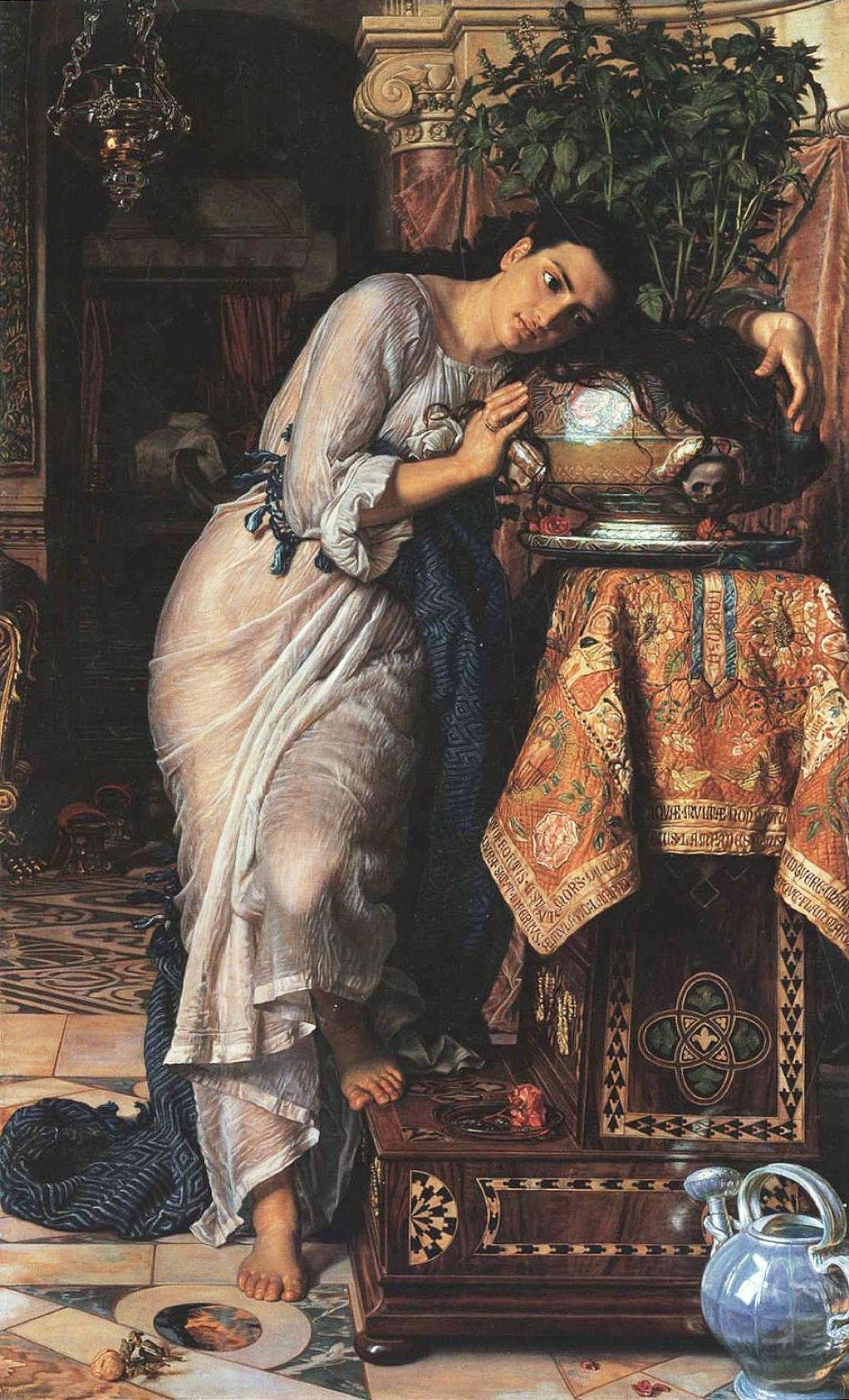The Sharp Wit of Madonna Filippa: Challenging Injustice in The Decameron

Introduction
Giovanni Boccaccio’s The Decameron is a treasure trove of stories that offer deep insights into human nature, social norms, and moral complexities in 14th-century Italy. Among these, the tale of Madonna Filippa from Day 6, Story 7 stands out for its wit, irony, and powerful commentary on gender and justice. This story is more than just a comedic anecdote—it is a bold statement about the power of intelligence and courage, especially in a time when women had little voice in public affairs. This review explores how Madonna Filippa’s clever defense during her trial showcases female strength, exposes the flaws in rigid laws, and remains relevant in modern discussions about fairness and equality.
Summary
In the story, Madonna Filippa is discovered by her husband in an adulterous affair. According to the harsh laws of the time in the city of Prato, any woman caught committing adultery must be put to death. Her husband, fueled by betrayal and supported by the law, brings her to court in hopes of seeing her punished. However, rather than pleading for mercy or denying the act, Madonna Filippa confronts the situation with calm dignity and remarkable eloquence.
Before the judges, she makes a simple yet profound argument: she has never denied her husband his marital rights, and the affection she gave to another man was extra, not at the expense of her husband’s honor or happiness. She further questions the logic of a law that punishes women so severely, asking whether such a law truly serves justice. Her reasoning is so compelling and unexpected that the judges, instead of enforcing the law, are moved to reconsider it. She is acquitted, and the law begins to lose its power.
Analysis
This tale is a striking example of how wit and speech can be powerful tools of resistance. Rather than accepting her fate or showing shame, Madonna Filippa uses logic and moral reasoning to expose the absurdity of the law itself. Her intelligence not only saves her life but also initiates a broader critique of gender-based injustice. In doing so, she turns the courtroom—a place of condemnation—into a space for reform and reflection.
Boccaccio’s storytelling is filled with irony, and this tale uses it masterfully. The law, which is intended to protect male honor, is revealed to be unjust and even laughable when challenged by Filippa’s clear-headed argument. This satirical approach allows Boccaccio to criticize the legal and social norms of his time without sounding overtly rebellious. By wrapping serious critique in humor and charm, he invites the audience to question these norms themselves.
Madonna Filippa’s actions also challenge the traditional role of women in medieval society. Women were expected to be passive, obedient, and silent in matters of law and morality. Yet here, we see a woman standing confidently before male judges, using intellect rather than emotion to make her case. Her behavior is radical—not because she committed adultery, but because she refuses to be a victim. She does not plead; she persuades. She does not submit; she argues. Her success is not in evading punishment, but in shifting the conversation around gender and justice.
Furthermore, this tale serves as a reminder that laws, especially those shaped by outdated traditions, can be flawed. Madonna Filippa’s trial is fictional, but the issues it raises are very real. Even today, societies struggle with laws that disproportionately affect women and other marginalized groups. This story encourages readers to question whether laws truly serve justice or merely reflect the values of those in power.
Personal Response
Reading the story of Madonna Filippa, I was struck by her composure and confidence. In a situation where most would beg or break down, she stood her ground and relied on reason. Her ability to defend herself, not through manipulation but through rational thought, is something truly admirable. It made me think about the power of words, and how speaking the truth—especially when done skillfully—can change minds and systems.
I also found the story surprisingly relevant. Although set in the Middle Ages, it speaks to ongoing issues like gender inequality, double standards, and the importance of questioning authority. It shows that courage and cleverness are timeless tools for justice, and that even in the most difficult situations, it is possible to challenge unfair norms.
Conclusion
The tale of Madonna Filippa in The Decameron is more than a clever story—it is a reflection on justice, gender, and the enduring strength of intellect. Boccaccio uses humor and irony to highlight serious flaws in societal norms, all while celebrating the intelligence and bravery of a woman who dares to speak up. Madonna Filippa’s story continues to inspire, reminding us that truth, spoken with clarity and courage, can challenge even the most rigid systems. In a world still grappling with inequality and injustice, her tale remains as relevant as ever.







